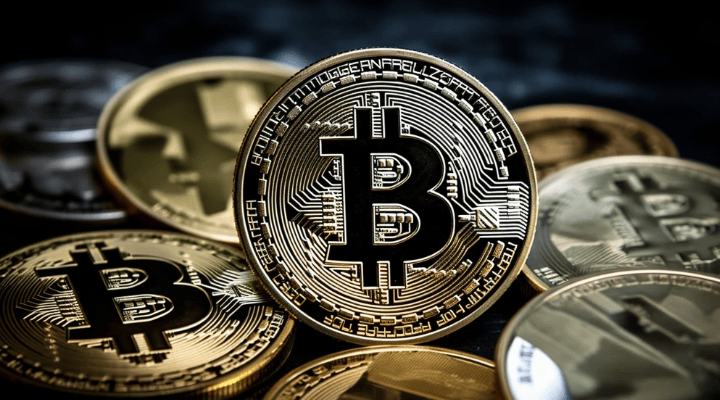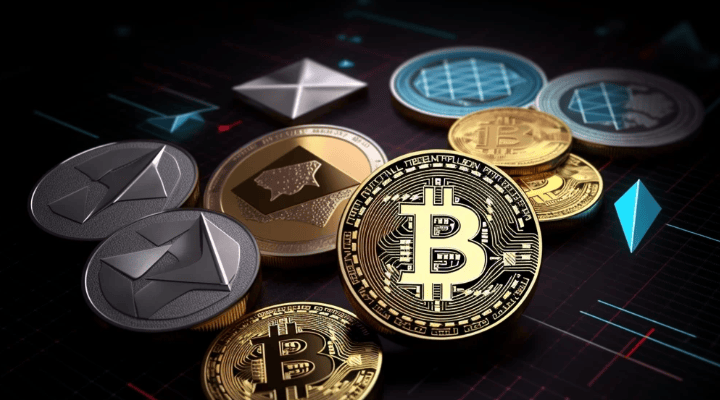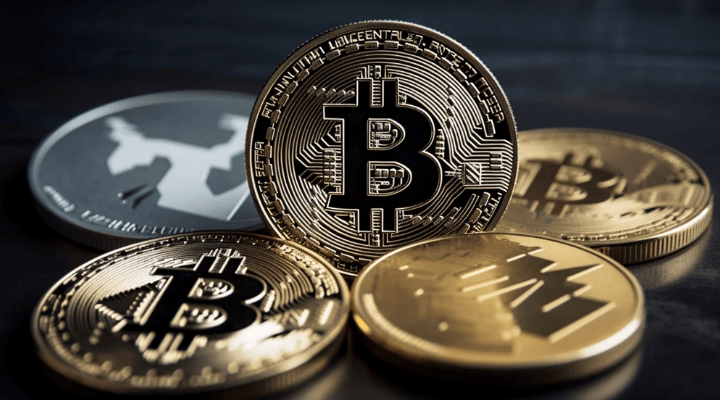Experience AI-Driven Investing with Free Trial Funds
Enjoy $100 in free trial funds to test AI quant strategies on TrustStrategy - no risk, no commitment, just results.
Start NowNews|July 28, 2024|3 min read

In a landmark decision that could reshape global finance, the G20 group of nations has included Bitcoin (BTC) as an eligible asset for central bank foreign exchange reserves in its latest joint communiqué. This unprecedented endorsement marks the first time major economies have collectively acknowledged cryptocurrency as a legitimate reserve asset class.
Formal Recognition of Bitcoin's Reserve Status
The statement explicitly permits member nations to hold BTC in official reserves alongside traditional assets like gold and USD.
This follows El Salvador's 2021 adoption of BTC as legal tender and signals institutional validation at a multilateral level.
Regulatory Framework for Crypto Reserves
The G20 mandated the Financial Stability Board (FSB) and IMF to develop risk management guidelines for crypto reserve holdings by Q1 2025.
Emphasis was placed on custody solutions and liquidity safeguards to prevent market instability.
Exclusion of Other Cryptocurrencies
The policy currently applies only to Bitcoin, citing its decentralization and market depth as differentiating factors.
Stablecoins and altcoins were excluded pending further review.
Bitcoin surged 12% to $72,500 within hours of the news, nearing its all-time high.
Gold prices dipped 2% as investors weighed BTC's emerging role as a competing store of value.
Central bank BTC purchases are already being reported, with sources indicating Brazil and UAE initiated pilot reserve allocations.
Institutional Adoption Accelerates
Major banks like JPMorgan and HSBC are expected to launch BTC custody services for sovereign clients.
The IMF may revise SDR basket rules to potentially include Bitcoin in the future.
Monetary Policy Evolution
Central banks could use BTC reserves to diversify away from USD dominance, especially among emerging markets.
Currency swap lines may eventually incorporate crypto settlements.
Price Stability Concerns
Economists warn that large-scale BTC acquisitions by central banks could increase volatility due to illiquid markets.
The G20 pledged to coordinate purchases to avoid disruptive price spikes.
Larry Fink (BlackRock CEO): "This legitimizes Bitcoin as the digital equivalent of gold for nation-states."
Christine Lagarde (ECB President): Urged caution, stating "crypto reserves require strict oversight to prevent systemic risks."
BIS to pilot a central bank crypto reserve platform by end-2024.
US Treasury’s stance will be pivotal, as the dollar system faces its first credible competitor.
The G20’s recognition of Bitcoin as a reserve asset marks a paradigm shift in global finance, blending traditional monetary systems with decentralized technology. While risks remain, this decision cements BTC’s status as a macroeconomic instrument and could trigger a new era of institutional crypto adoption.

News|October 2, 2024

News|September 29, 2024

News|September 25, 2024

News|September 22, 2024
 Gate
Gate
 Binance
Binance
 Coinbase
Coinbase
 OKX
OKX
 Raydium
Raydium
 Bitget
Bitget
 MEXC
MEXC
 Hyperliquid
Hyperliquid
Copyright © 2018–2025 TrustStrategy. All rights reserved.